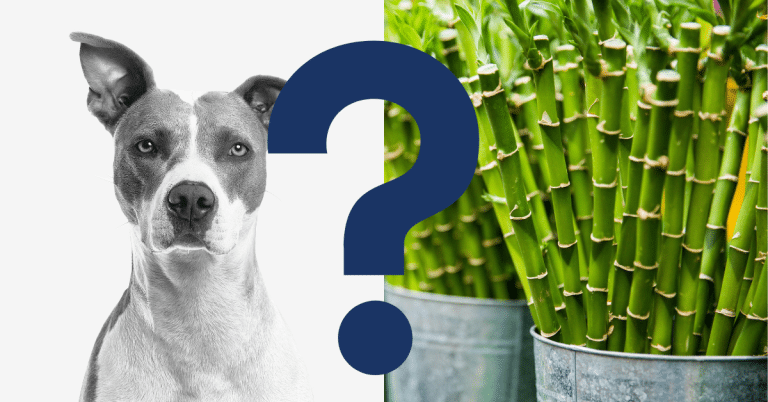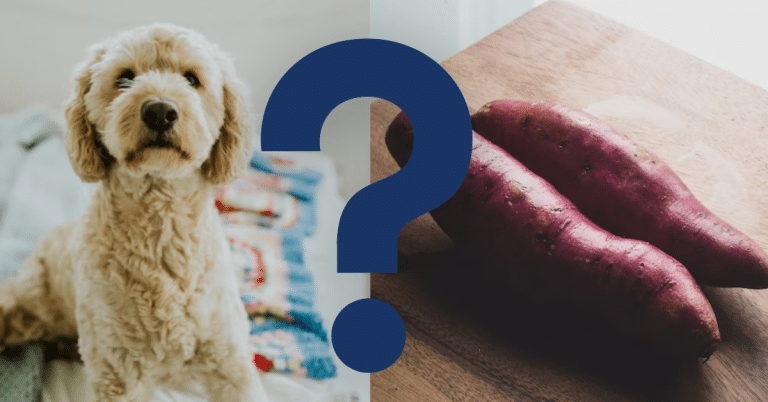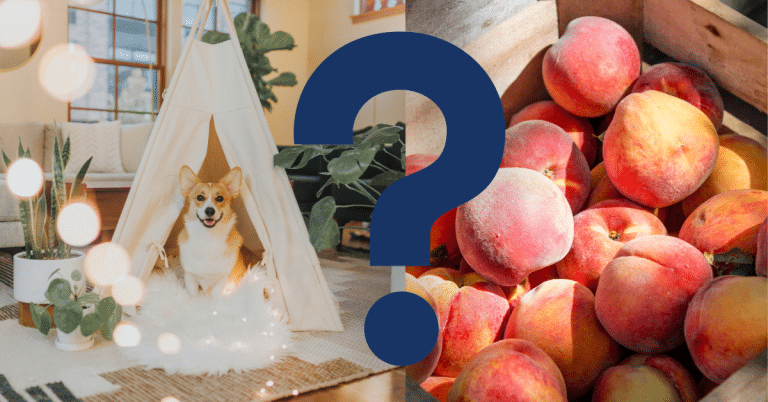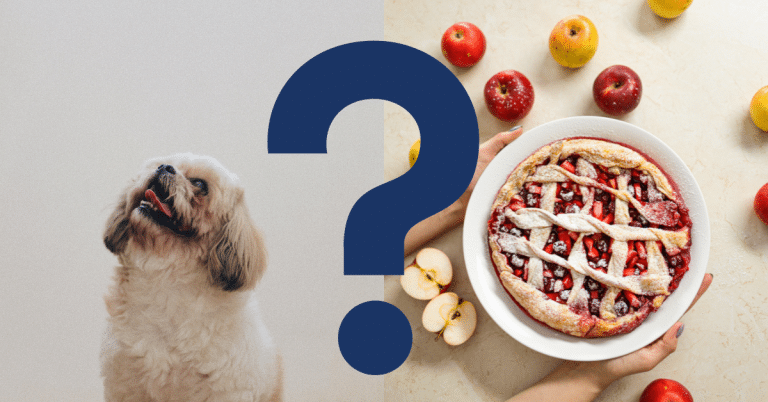Can Dogs Eat Mac And Cheese? A Vet’s Opinion
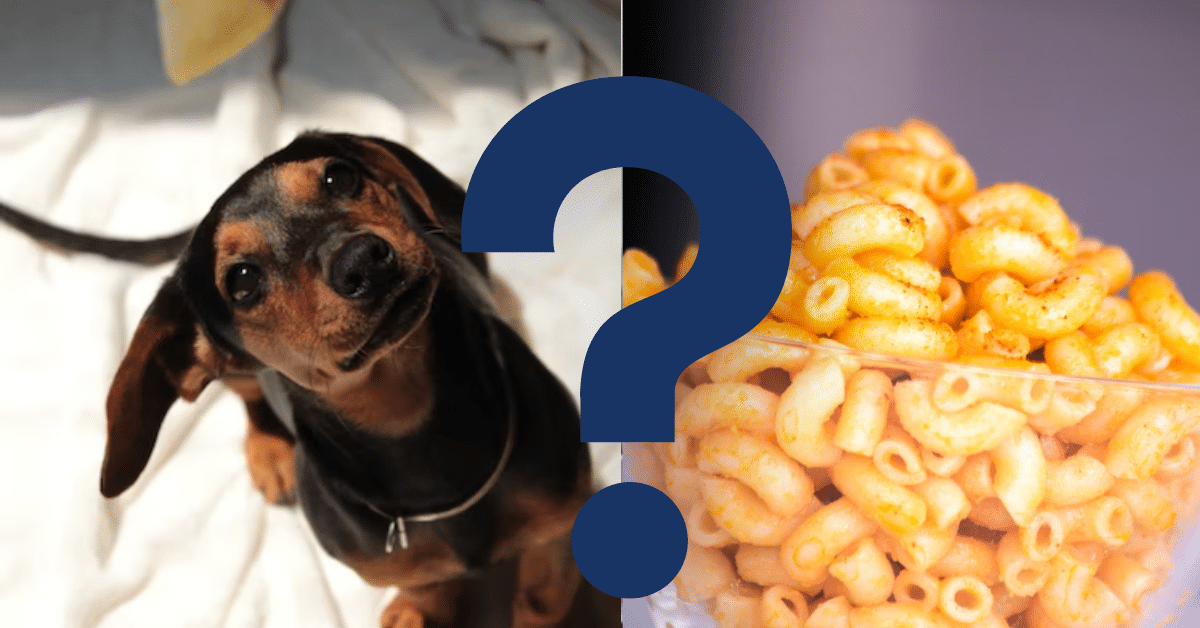
Mac n cheese is a macaroni and cheese dish frequently baked or served as a side dish. But can you feed X to your dog?
While technically possible, dogs are not advised to eat mac and cheese as part of their diet. The high fat, sodium, and dairy content in mac n cheese can make dogs prone to stomach disorders, obesity, and other health concerns. In addition, many mac and cheese recipes call for hazardous dog items like onions and garlic. It’s advisable to stick to specifically developed dog treats that are safe and healthy for them if you want to reward your dog with a cheese meal.
Benefits Of Mac And Cheese For Dogs
Although dogs can indeed consume mac n’ cheese, it is advised to leave it out regularly
.
There must be a more nutritious supper than mac and cheese for dogs. Cheese is heavy in fat and sodium but provides dogs with protein, calcium, and other sound elements. Dogs must consume a diet low in fat and sodium to stay healthy; these nutrients in excess can cause obesity, heart difficulties, and other health concerns. Many macaroni and cheese recipes also include additives that can be detrimental to dogs in addition to their high fat and sodium content. For instance, although they are frequently used in mac and cheese dishes, onions and garlic are harmful to dogs and can harm their red blood cells.
It’s recommended to stick to specifically manufactured dog treats or meals that are made to satisfy their nutritional demands if you want to treat your dog with a cheese dish. These snacks and meals will be nutritious and free of any unfavourable elements that can compromise your dog’s health.
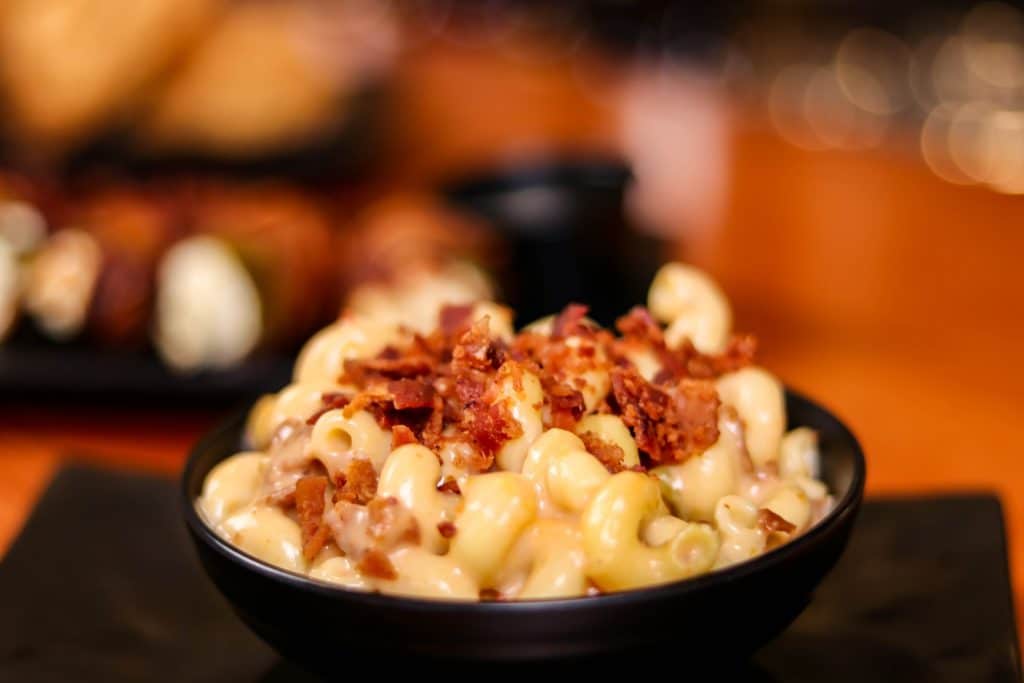
How To Safely Give Mac And Cheese To Dogs
Giving mac and cheese to dogs is typically not advised because it is not a nutritionally balanced dish for them and may include dangerous substances. However, there are some recommendations you may adhere to do so safely if you do want to give your dog a tiny quantity of mac and cheese as a treat:
- Make mac and cheese using a low-fat, low-sodium recipe. You can buy pre-made versions, mainly marketed as healthy dog treats, or create your mac n’ cheese at home with low-fat cheese and whole wheat pasta.
- Recipes with toxic elements, such as onions, garlic, or others, should be avoided. As was previously indicated, these compounds should be avoided because they might be hazardous to dogs.
- Feed mac and cheese sparingly. A small serving of mac n’ cheese as an occasional treat is fine for most dogs, but too much can cause digestive problems or weight gain.
- Keep an eye out for symptoms of stomach distress or allergic reactions in your dog. Stop feeding mac and cheese to your dog immediately, and call your vet if they see any symptoms of vomiting, diarrhoea, or other ailments after consuming it.
- Use mac n’ cheese to complement, not replace, your dog’s regular meal. Dogs should not be fed mac n cheese as their primary source of nutrition since they need a balanced diet that includes protein, carbs, and fats to keep healthy.
Generally speaking, before giving your dog any human food—including mac & cheese—it is wise to talk with your veterinarian. They can advise what foods are safe for your dog and how to add treats to their diet safely.
Will Mac And Cheese Make A Dog Sick?
Yes, mac n’ cheese can make a dog sick, mainly if it contains dangerous substances or is taken in significant amounts. Because it might be heavy in fat and sodium and not provide a balanced diet for dogs, mac n cheese can irritate their stomachs and contribute to other health concerns like obesity and heart problems. Additionally, many mac n cheese recipes include components like onions and garlic that are poisonous to dogs. These components may harm a dog’s red blood cells and result in anaemia.
It’s crucial to call a veterinarian if a dog eats a lot of mac and cheese or displays symptoms like vomiting, diarrhoea, or lethargy after eating mac and cheese. Treatment may be required in some circumstances to address the symptoms and avoid consequences. It’s best to follow a nutritionally balanced diet and refrain from feeding your dog human foods, such as mac and cheese, unless your veterinarian advises you to do so to keep them safe and healthy. If you decide to treat your dog, pick one that is made specifically for dogs and is safe and wholesome for them to eat.
Can dogs eat mac and cheese variations?
Although some varieties of mac and cheese are theoretically OK for dogs to consume, it’s crucial to be cautious and aware of the components in the meal. There are many different macaroni and cheese versions, and not all are suitable for dogs.
For instance, some mac ‘n’ cheese versions could include bacon, ham or other salty and fatty meats. A dog’s diet can benefit from a modest amount of lean meat, but too much fat or salt might disturb the digestive system and result in health issues.
Additionally, certain mac n cheese varieties could have ingredients like garlic powder or onion powder that are poisonous to dogs. These components may harm a dog’s red blood cells and result in anaemia.
It’s best to stay with dog-specific recipes that don’t contain any dangerous components if you want to feed your dog a mac &’ cheese variation. Alternatively, you can prepare your version of mac and cheese using nutritional components like low-fat cheese, veggies, and lean meat.
It’s crucial to remember that mac n’ cheese versions shouldn’t be offered to dogs regularly and should only be given in moderation.

Vet’s Summary
Mac n’ cheese can be a delectable treat for humans, but it’s crucial to exercise caution when giving it to dogs. While technically possible, it is advised to refrain from regularly serving mac and cheese to dogs as part of their diet. Dogs should not eat mac and cheese since many recipes call for components like onions and garlic that can be toxic to canines. It’s recommended to stick to specifically manufactured dog treats or meals that are made to satisfy their nutritional demands if you want to treat your dog with a cheese dish.
Consider giving your dog probiotic pills if they have digestive issues after eating mac n’ cheese or other human foods. The good bacteria known as probiotics can aid in reestablishing the average balance of microorganisms in a dog’s gut, enhancing digestion and lowering inflammation. Probiotic supplements can be especially beneficial for dogs who have consumed anything that upsets their stomach because they can help treat symptoms like diarrhoea, vomiting, and gas. A veterinarian should be consulted before giving your dog any supplements, as they may recommend the right probiotics and dose for your particular dog.
Videos To Watch
If you are wondering if you can give your dog mac and cheese, watch this:
And if you want to know what a dog can NOT eat, watch this:

